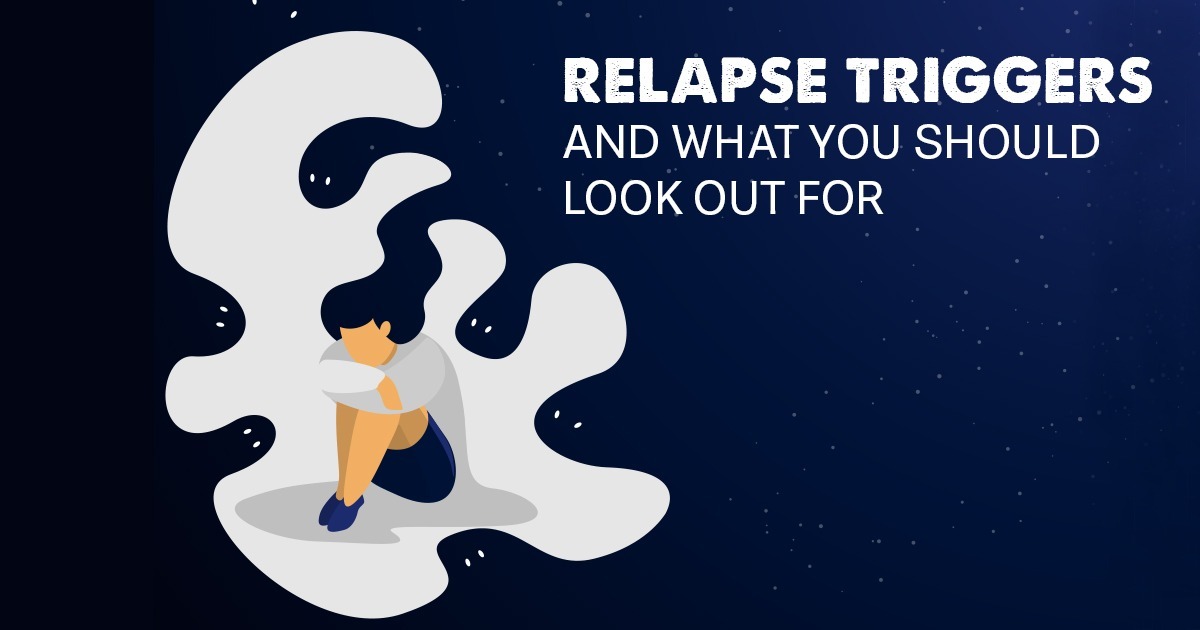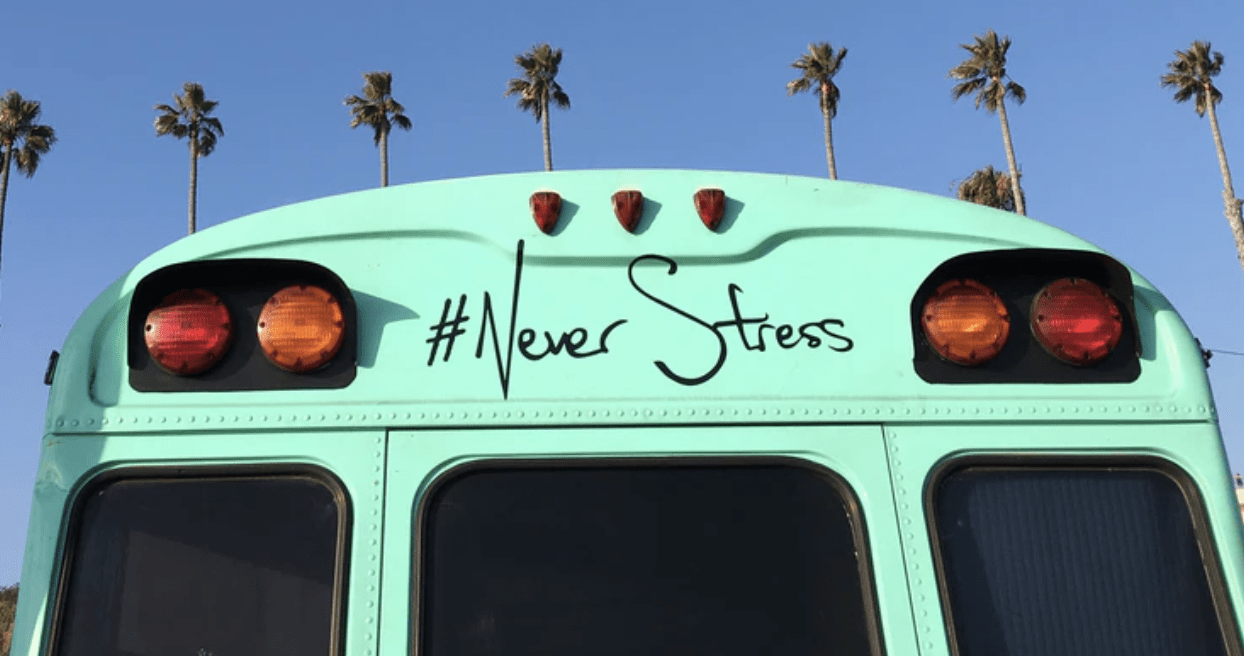
Recovering from Addiction is hard work. Most people have no idea what relapse triggers are and how those stressors can make it easier to fall off the wagon if you are in recovery. Over time, people learn what it takes to remain in recovery and avoid relapse. But no matter how cautious a recovering addict is, they are never entirely immune to relapse triggers.
A relapse trigger is any thought, feeling, or situation that triggers the urge to use and then use again. A trigger can be anything from a promotional item to a physical cue, like seeing dirty syringes in an alleyway. While some stressors are obvious, others may not be so apparent. Understanding what causes you to use again can help you stop relapsing before it gets out of control again.
Relapse triggers are situational, emotional, or thoughts that may cause an individual to return to addictive behavior. These are not negative aspects of treatment programs but rather parts of life that may lead an individual to want to engage in Addiction because he finds comfortable feelings there. Most addicts find their unique relapse triggers, but some universal situations include depression and boredom. You may never even experience one of the relapse triggers listed below. Still, some common ones include stress, family and relationship problems, depression and anxiety, health problems, loss of employment, death of a loved one, traumatic experience, arrest or incarceration (for instance, for a drug-related incident), and sudden life changes with no coping mechanisms.
What are Triggers in Addiction?
Understanding triggers is an integral part of substance use disorders. The term trigger refers to stimuli, events, or situations that activate a craving for a particular substance or activity. Triggers may be internal or external, environmental cues, activities, people, emotions, places, things, or even feelings. Below is a list of common relapse triggers and some suggestions on how to avoid them or if you just can’t seem to avoid these possible triggering situations, then at least try to be prepared for it.
HALT: Hungry, Angry, Lonely, Tired
Addiction is a progressive disease. By staying sober, you have proven that your mind and body can live without alcohol or drugs. However, if you find yourself in any of the circumstances represented by the letters HALT, it may put you at an increased risk for relapse.
Keep the acronym HALT in mind as you strive to remain in long-term recovery from alcohol abuse, drug addiction, or other compulsive behaviors. HALT stands for Hungry, Angry, Lonely, and Tired. Take action before these emotions can lead you down a road to relapse. When your energy is low, get to know your support systems. Get rest or exercise to manage stress and fatigue well. Understand your internal triggers, and avoid high-risk situations that may lead to an emotional outburst.
Emotions
The external trigger due to emotions is something that can, and will, occur for many recovering addicts. It is important to remain prepared and ready to remind your loved one of key points about their recovery program before this event happening.
Addressing emotional triggers is crucial to recovery. While it is challenging to keep your emotions under control when you are trying to stay clean and sober, knowing your relapse triggers can help. If you understand that the feelings most likely to trigger your relapse are loneliness, anger, or frustration, then you can avoid those situations.
Stress
Stress is often the culprit for many of today’s addiction relapses. The relapse trigger due to stress is a highly relatable feeling that is worth examining. It could have roots in issues with moving on from relationships, or it could stem from an uncontrollable and severe case of anxiety and stress that leads to substance abuse as a means to cope.
Chronic stress may also contribute to other mental disorders, including anxiety disorders, substance abuse, eating disorders, and mood disorders like bipolar disorder and seasonal affective disorder.
Over-Confidence
Recovery is a delicate process, and overcoming Addiction is a daily challenge. It is overly naive to jump into recovery without putting the proper forethought and safety nets in place. Overconfidence is a relapse trigger.
Relapse triggers can make you fall back into old patterns of doing if you are not careful. If you find yourself becoming overconfident in your recovery, it might be time to go back to the drawing board and layout an action plan to help keep you on track. It is important to remain vigilant and be careful not to become over-confident in your ability. You may be at risk of relapse if you are over-confident.
Mental or Physical Illness
If you are recovering from drug and alcohol addiction, you need to avoid relapse triggers at all costs. Whether it is a physical or mental illness, certain situations can throw your recovery off-track. Some of the most common relapse triggers involve traumatic life events, stress, social pressure, and personal issues.
Relapse can become a significant risk when you’re suffering from depression, anxiety, or another mental health illness. Even when you want to stay clean, emotions from a mental illness can lead you back to drugs or alcohol. A few other triggers for relapse include physical illness and injuries and painful disorders like arthritis.
Boredom and Social Isolation
Social isolation can raise the risk of drug or alcohol abuse. This may be because a person may think they would be less likely to get caught if they relapse.
Social isolation is a severe stumbling block for long-term recovery from drug and alcohol addiction. When people isolate themselves, they tend to subconsciously justify drug or alcohol use as a way to numb the pain of loneliness and boredom. As you begin to reconnect with friends and family in recovery, you can reach out to people who will provide you with the support and connection you need to maintain your sobriety for good.
People or Places Connected to the Addictive Behavior
It is expected that an addict can have feelings of relief upon returning to where they engaged in addictive behavior. However, relapse does not only happen because this person returns to the exact location; relapse can also occur when they are around the same people.
We all well know that just seeing someone we love who has been a close friend for years but who also used drugs with us and persuaded us into the trap can result in a relapse. The same goes for reconnecting with someone we used drugs with; just the presence of this person may lead to a relapse.

Overcoming Addiction Through Rehabilitation
Overcoming addiction is not a simple task, but the good news is that you can do it. Here are some tips that will help you step by step. The first thing to do is realize that you have a problem and be willing to face it head-on. If you think you are ready to quit, make sure you have the proper determination.
You may have support from family members and friends, but remember that no one else can do this for you. The next step to overcoming Addiction is finding out if your drug use has caused any physical damage.
At Anchored Tides Recovery, we treat the whole person – body, mind, and spirit – with a holistic approach encompassing all aspects of care. Our staff recognizes that every client’s circumstances and journey are unique. Call us and one of our care coordinators will work with you to discover the treatment options and support groups that are right for you.































